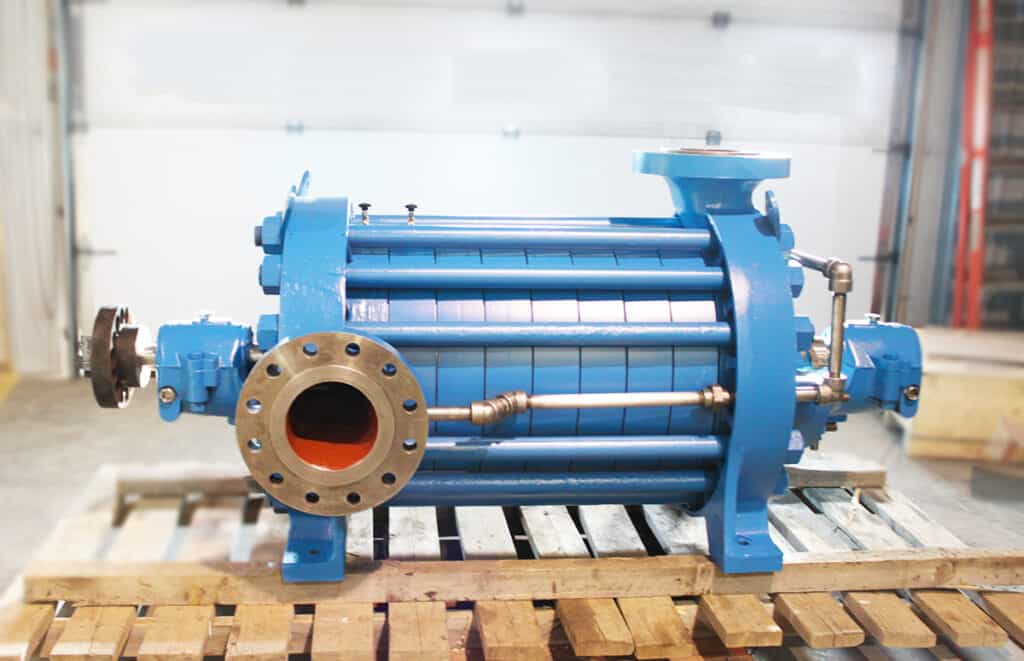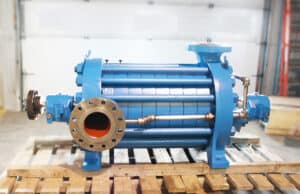
How a Repairable Spares Program Can Benefit Your Operation
Repairable Spares Program
How a Repairable Spares Program Can Benefit Your Operation
In the heavy resource industry, equipment and machinery play a critical role in the production process. This machinery must be maintained to ensure maximum uptime, and in some cases, require replacement parts or spares. However, in certain situations, equipment downtime can be a major challenge due to the time and cost involved in procuring new parts (supply chain!). This is where the concept of repairable spares comes into play.
Repairable spares are parts that have been designed and manufactured with the intention of being repaired and reused rather than replaced. These parts are typically identified by manufacturers as being critical to the function of a particular piece of equipment and are stocked in inventory as repairable rather than disposable.

Another advantage of repairable spares is their cost-effectiveness. In many cases, the cost of manufacturing and procuring a new part can be significantly higher than the cost of repairing an existing part. Repairable spares can help reduce overall maintenance costs by extending the life of critical components and minimizing the need for new parts.
However, repairable spares do have some drawbacks that must be taken into consideration. For example, they require specialized skills and tools to repair, which may not be available in-house.
In addition, the repair of some components may not be possible or may not be cost-effective. In these cases, replacement parts may be the only viable option. Whatever the outcome, this is where Industrial Machine can assist you.
Despite these challenges, repairable spares remain a valuable tool in the heavy resource industry, particularly for critical components where downtime can have significant financial consequences. The use of repairable spares can help to minimize downtime, reduce costs, and extend the life of equipment, making it an essential component of any effective maintenance and repair strategy.
In conclusion, the use of repairable spares in the heavy resource industry offers a range of benefits, including reduced downtime, lower maintenance costs, and increased equipment lifespan. While there are some challenges associated with the use of repairable spares, these can be minimized through effective planning, maintenance, repair strategies, and a knowledgeable company to carry out the project. Overall, repairable spares represent an important tool in the maintenance and repair of heavy resource industry operators, and their use should be carefully considered as part of any effective equipment maintenance and repair program.
